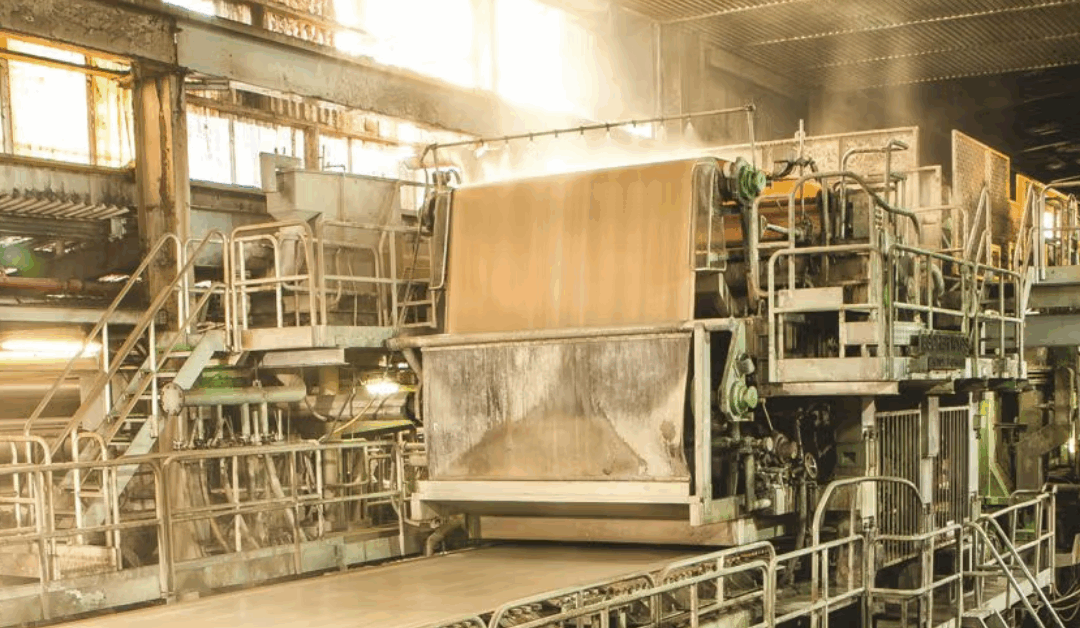Why Penrose Mill Shut Down
After grappling with three straight years of financial losses, Oji Fibre Solutions (OjiFS) made the tough call to close its Penrose paper recycling mill in Auckland. According to CEO Dr. Jon Ryder, a mix of skyrocketing energy prices, freight challenges, and rising labour costs pushed the operation to a financial breaking point. Despite exploring tech upgrades and engaging with staff on possible solutions, the numbers just didn’t stack up.
“This is a sad day for OjiFS and particularly our Penrose Mill employees… there is nothing we could find that would make a difference,” said Dr. Ryder.
But this isn’t the end of OjiFS’s recycling game—not by a long shot. The company plans to continue processing around 90,000 tonnes of cardboard annually at its Kinleith Mill in Tokoroa and will divert other wastepaper to an Oji Group mill in Malaysia.
So, What’s the Fallout for Carton Costs?
Alright, let’s get to the money talk.
Higher Costs for Carton Materials
With the Penrose Mill out of the equation, businesses in New Zealand may start feeling the pinch:
- Imported Recycled Medium: The recycled fibre once produced locally will now be shipped in from Malaysia. And while it’s still within the Oji family, international shipping isn’t cheap—especially in today’s global freight climate.
- Added Supply Chain Complexity: Longer transportation routes mean longer lead times, higher inventory holding costs, and potential delays in carton manufacturing.
- Reduced Local Production Capacity: With fewer facilities operating onshore, demand pressure on the Kinleith Mill could push prices up even further.
All this could translate to higher costs for packaging, especially for industries reliant on bulk carton usage—think eCommerce, agriculture, and food & beverage.
What About the Environmental Impact?
This is where it gets tricky. On one hand, OjiFS is still committed to recycling. On the other, we’re now shipping wastepaper across borders. That’s not exactly a win for carbon emissions.
The Sustainability Trade-Off
Let’s break it down:
Pros
- Still Recycling 90,000 Tonnes Locally: Kinleith Mill continues to play a key role.
- Oji’s Values Still Apply: Since the Malaysian mill is part of the Oji Group, the company promises it will follow the same environmental standards and ethics.
Cons
- Increased Emissions: Transporting wastepaper and recycled material to/from Malaysia means burning more fossil fuels.
- Lost Local Circularity: Penrose Mill offered a closed-loop system—collect, recycle, reuse—right in Auckland. That loop just got a whole lot bigger.
- Less Resilience in NZ’s Recycling Infrastructure: With one less facility, any disruption (like a breakdown or natural disaster) could have a bigger impact.
If you care about New Zealand’s carbon footprint and waste reduction goals, this is a step backwards—despite best intentions.
The Human Side of the Story
Let’s not forget the 75 employees directly affected by the closure. OjiFS says it’s doing what it can:
- Matching staff with other positions within the company
- Collaborating with outside businesses to place workers
Still, layoffs are never easy. And while this story has global economic and environmental implications, it’s also very personal for the people involved.
What Can Businesses Do Now?
If your business relies on cartons or recycled packaging materials, it’s time to rethink a few things:
Action Items for Business Owners
- Review Supply Agreements – Make sure your carton supplier isn’t about to hike prices without warning.
- Forecast Packaging Needs Early – Delays might happen. Plan further in advance.
- Explore Local Alternatives – Smaller, local recyclers may be able to fill some gaps.
- Communicate Sustainability Efforts – Consumers care. If you’re going green in new ways, share it.
How About the Rest of Us?
Sustainability isn’t just a corporate thing. As individuals, there are still ways we can help ease the pressure:
- Recycle Right: Contaminated recycling = wasted effort. Check your council’s guidelines.
- Support Local Eco-Brands: Businesses prioritizing local materials and sustainable packaging need your dollars.
- Stay Informed: The more you know, the more pressure you can put on decision-makers to prioritize environmental infrastructure.
What’s Next for NZ’s Recycling Industry?
The Penrose closure raises a much bigger question: Is New Zealand doing enough to future-proof its recycling infrastructure?
With climate targets and growing packaging demands, the country can’t afford to rely too heavily on international solutions. Government policy, private investment, and public support will all play a role in shaping the next chapter.
Final Thoughts
There’s no sugarcoating it—the closure of Oji’s Penrose Mill is a blow to both New Zealand’s local economy and its circular economy ambitions. It exposes the fragility of even well-established recycling systems in the face of global cost pressures. But it also opens the door for innovation, local investment, and a renewed commitment to sustainability from both business and government.
Let’s hope this is a turning point—not just a setback.
Concerned about your carton price?
We can help find the right solution for you and your business

